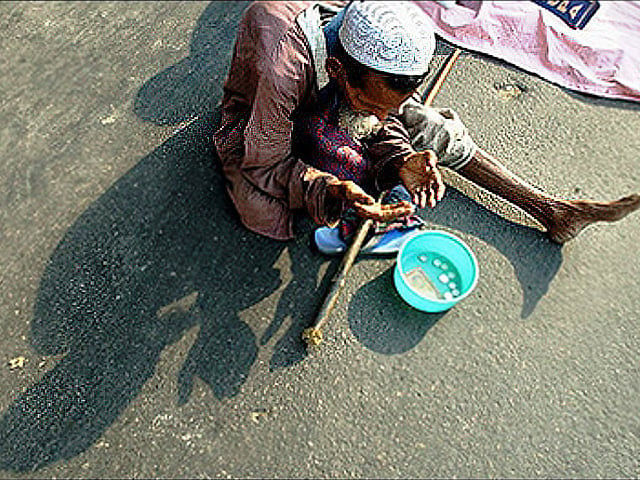
A territorial dispute among beggars in Karachi took center stage as it landed in the courtroom of the Additional Sessions Judge on Friday. The petition filed by beggars was promptly dismissed, citing grounds of inadmissibility based on a police report.
According to the Asian Human Rights Commission (AHRC), Pakistan hosts a significant population of beggars, ranging from five to twenty-five million individuals, constituting approximately 2.5% to 11% of the total populace. Shockingly, an estimated 1.2 million children roam the streets of major urban centers in the country.
Despite laws categorising begging as illegal in Pakistan, enforcement remains lax. Offenders can face imprisonment for up to three years, with parents of begging children also liable to arrest and incarceration for the same duration. However, the ineffective implementation of these laws, coupled with police corruption and collusion with beggar mafias, has perpetuated the practice.
Socioeconomic factors, including widespread poverty, soaring inflation, and high unemployment rates, often drive individuals to resort to begging as a means of survival. Regrettably, the government's failure to adequately support the marginalised segments of society has rendered them susceptible to exploitation by beggar mafias and human traffickers.
Also read: Pakistani beggars plague Middle East, raising trust concerns
In delivering the judgement, Karachi's Additional Sessions Judge 3 unequivocally stated that the beggars' dispute did not concern land or ownership rights. The ruling stated that the city's roads and sidewalks are public spaces, not the exclusive domain of beggars, rendering their claims invalid.
The court's verdict clarified that the root of the conflict was not related to land ownership but rather a demarcation dispute between rival factions of beggars vying for control over a specific area for begging.
Furthermore, the judgement shed light on the broader social ramifications of the case, highlighting the legal and administrative challenges posed by such disputes. It reiterated that public sidewalks are communal spaces accessible to all citizens, and no single group can assert exclusive rights over them.









































COMMENTS
Comments are moderated and generally will be posted if they are on-topic and not abusive.
For more information, please see our Comments FAQ